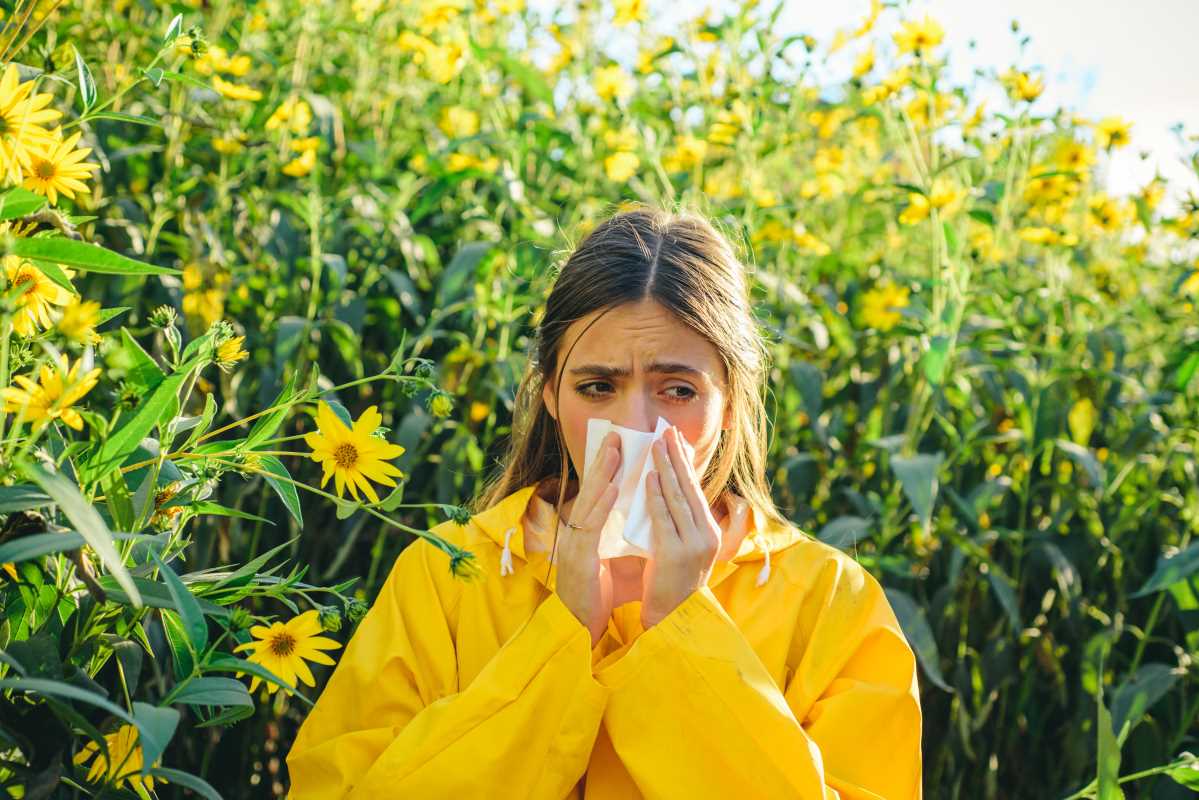Seasonal allergies can disrupt your daily routine, causing discomfort and irritation during what should be a time to enjoy the beauty of changing seasons. From sneezing fits to itchy eyes, the symptoms can feel relentless. However, you can manage these allergies effectively and confidently enjoy the outdoors with the right strategies. This guide explores practical tips and techniques to help you stay one step ahead of seasonal allergies.
Understand the Triggers
Understanding what triggers your symptoms is one of the first steps in managing seasonal allergies. Pollen from trees, grass, and weeds is a primary culprit for most people.
- Track Pollen Counts:
- Use apps or websites that provide daily pollen count updates in your area.
- Example: Pollen levels are usually higher in the morning and on dry, windy days.
- Tip: Stay indoors during peak pollen times to reduce exposure.
- Identify Your Allergens:
- Consider taking an allergy test to determine specific triggers.
- Knowing whether you’re allergic to tree pollen, grass, or ragweed can help you prepare for the season.
Create a Safe Indoor Environment
Your home should be a sanctuary from allergens. Maintaining a clean and allergen-free environment can significantly reduce your symptoms.
- Regular Cleaning:
- Vacuum carpets and upholstery with a HEPA filter vacuum to trap allergens.
- Dust surfaces frequently to remove pollen that may enter your home.
- Wash Bedding and Clothes:
- Launder bedding weekly in hot water to eliminate allergens.
- Change and wash clothes immediately after spending time outdoors to avoid bringing pollen inside.
- Use Air Purifiers:
- Invest in an air purifier with a HEPA filter to improve indoor air quality.
- Keep windows closed during high-pollen periods and use air conditioning to circulate clean air.
Over-the-Counter Relief
Many people find relief from seasonal allergies through over-the-counter medications. These remedies can ease symptoms and help you stay productive throughout the day.
- Antihistamines:
- These are effective for managing sneezing, itching, and runny noses.
- Popular options include loratadine and cetirizine.
- Decongestants:
- Use nasal sprays or oral decongestants for temporary relief of stuffy noses.
- Caution: Decongestant sprays should not be used for more than three consecutive days to avoid rebound congestion.
- Nasal Irrigation:
- Use a saline spray or a neti pot to flush allergens from your nasal passages.
- This natural method can reduce inflammation and clear your sinuses.
Consult an Allergist for Severe Symptoms
Consulting an allergist is wise if over-the-counter solutions don’t provide sufficient relief.
- Allergy Shots (Immunotherapy):
- This treatment involves regular injections to gradually reduce your sensitivity to allergens.
- Example: Immunotherapy is effective for long-term relief and can reduce reliance on medication.
- Personalized Treatment Plans:
- An allergist can provide tailored advice based on your medical history and specific triggers.
- Prescription medications, such as nasal corticosteroids, may be recommended for severe cases.
Lifestyle Adjustments for Allergy Prevention
Small lifestyle changes can help manage allergy symptoms. Incorporating these adjustments can enhance one's overall quality of life.
- Outdoor Precautions:
- Wear sunglasses and a hat to minimize exposure to airborne pollen.
- Shower and wash your hair after outdoor activities to remove any lingering allergens.
- Diet and Hydration:
- Eating anti-inflammatory foods like fruits, vegetables, and omega-3 fatty acids can support your immune system.
- Stay hydrated to keep your nasal passages moist and reduce irritation.
- Exercise Timing:
- Avoid outdoor workouts during high-pollen times.
- Opt for indoor activities like yoga or gym sessions to maintain your routine without aggravating symptoms.
Managing seasonal allergies doesn’t have to be overwhelming. Understanding your triggers, maintaining a clean environment, and using appropriate medications or professional advice can significantly reduce symptoms and improve your quality of life. With these strategies, you can embrace the changing seasons without fear of allergies holding you back. Take proactive steps today and enjoy the outdoors with peace of mind.







